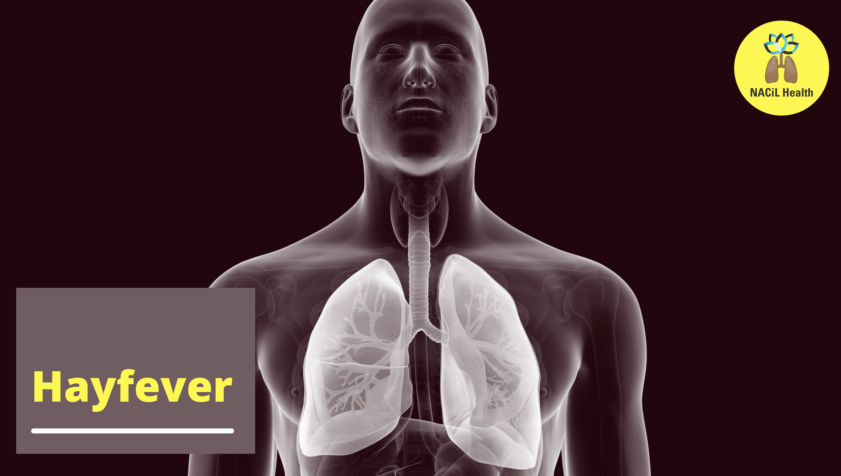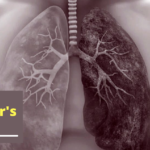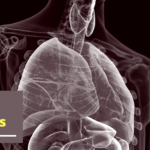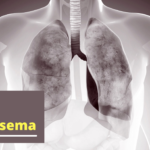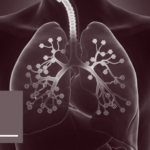Hayfever or Allergic Rhinitis is inflammation of the inside of the nose caused by an allergen, such as pollen, dust, mould or flakes of skin from certain animals. Allergic rhinitis typically causes cold-like symptoms, such as sneezing, itchiness and a blocked or runny nose. These symptoms usually start soon after being exposed to an allergen. Some people only get allergic rhinitis for a few months at a time because they’re sensitive to seasonal allergens, such as tree or grass pollen. Other people get allergic rhinitis all year round.
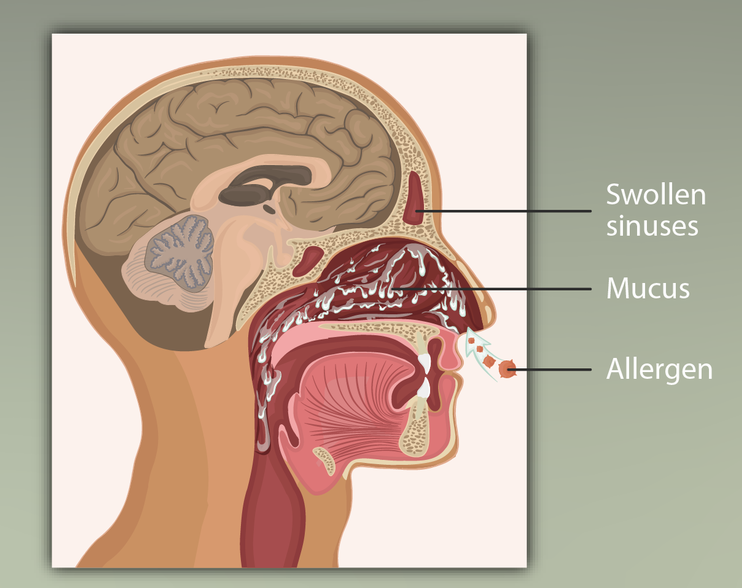
Most people with allergic rhinitis have mild symptoms that can be easily and effectively treated. But for some people symptoms can be severe and persistent, causing sleep problems and interfering with everyday life. The symptoms of allergic rhinitis occasionally improve with time, but this can take many years and it’s unlikely that the condition will disappear completely.
Allergic rhinitis is caused by the immune system reacting to an allergen as if it were harmful. This results in cells releasing a number of chemicals that cause the inside layer of your nose (the mucous membrane) to become swollen and too much mucus to be produced. Common allergens that cause allergic rhinitis include pollen (this type of allergic rhinitis is known as hay fever), as well as mould spores, house dust mites, and flakes of skin or droplets of urine or saliva from certain animals.
The two types of allergic rhinitis are seasonal and perennial. Seasonal allergies usually occur during the spring and fall season and are typically in response to outdoor allergens like pollen. Perennial allergies can occur year round, or at any time during the year in response to indoor substances, like dust mites and pet dander.
Some external factors can trigger or worsen this condition, including:
- Smoking
- Exposure Chemicals
- Cold Temperatures
- Higher Humidity
- Wind & Air Pollution
- hairspray, perfumes, colognes
- Wood smoke & Fumes
Unfortunately, allergic rhinitis itself can’t be prevented. Treatment and management are keys to achieving a good quality of life with allergies. Some complications that can arise from hay fever include:
- inability to sleep from symptoms keeping you up at night
- development or worsening of asthma symptoms
- frequent ear infections
- sinusitis or frequent sinus infections
- absences from school or work because of reduced productivity
- frequent headaches

